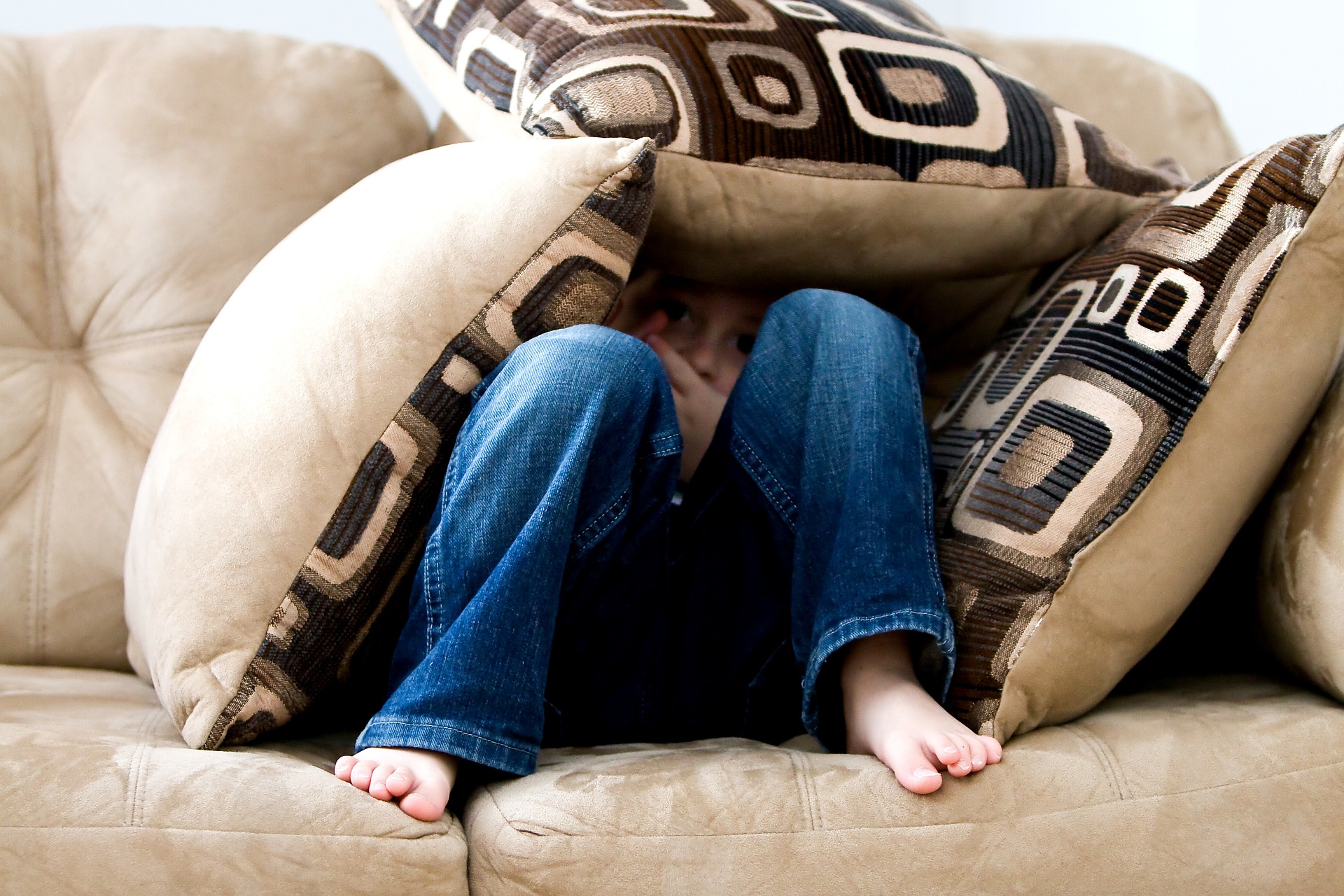Death is part of the natural order of things, but this can be a hard concept for us to accept – and even more so for children or young people who often struggle with understanding as well as acceptance.
How well a child is able to manage, process and come to terms with a bereavement can depend on many factors, including the nature of the death, their relationship with the deceased person and how the death is dealt with in their family.
What emotions are children and young people likely to experience after bereavement?
The answer is pretty much every emotion that there is. Apart from the obvious emotions such as grief and sadness, anger is also a very common response. This can take the form of anger at the person who has died (for leaving them), at those left behind, and even at themselves. It’s also not uncommon for a bereaved child to feel a strong sense of guilt. Was it my fault? Why couldn’t I stop it? I should have done more/been nicer/spent more time with the deceased person. The young person may also feel more anxious about apparently unrelated areas of their life such as school work, or fear that other loved ones will leave them.
Whichever emotions they experience, a grieving young person is likely to struggle with recognising, acknowledging and understanding their feelings. They will almost certainly need a lot of support and understanding from those around them.
How can I support a bereaved child?
Every child is unique and will respond to bereavement in a range of different ways, but when supporting a child through a bereavement, there are some key factors to bear in mind.
Talking – Do allow the young person to talk about the deceased person. This can be difficult for family members who may also fear upsetting the young person. However, crying and being upset is an inevitable and healthy part of grieving – although it can be distressing to witness. If a child feels they can’t talk about the person they have lost, they may bottle up their grief and may be unwilling to ask questions that they need answered, creating confusion and possibly exacerbating feelings of anger and guilt.
Rituals – Death is surrounded by a range of rituals which can vary according to culture, religious beliefs and human values. They are rituals that most adults are familiar with, but children less so. It’s important that the young person understands the rituals around death and if appropriate, is involved in them. For example, the decision about whether to attend a funeral is likely to be influenced by age and personal choice, but if attending a funeral, it’s helpful to prepare the young person by explaining what will happen, giving them an opportunity to ask any questions.
Keep some normality – It can be very hard to maintain a sense of normality when a death occurs, particularly when it’s a sudden passing, but children usually benefit from having a sense of routine and normality. Change can be challenging for many young people, so it’s helpful to keep some things the same when everything else is shifting. If a child feels ready to go to school or wants to go and play/meet up with friends it is often advisable to let them as they may be seeking reassurance in the form of distraction and stability in a world when everything has changed.
How can counselling help?
It can be very hard for young people to share how they feel with those closest to them. They may fear upsetting that person more, especially if it’s a parent who has lost a partner or their own parent. However, it is very important that the child finds a place where they feel safe to express how they are feeling. Counselling offers a neutral space where the young person can explore how they feel without fear of distressing the counsellor, enabling them to make more sense of those emotions.
Talking is an important part of enabling the young person to understand what is going on for them. It helps them to identify their emotions and understand how and why they feel that way. It can also be supportive to have their feelings normalised as well as having a neutral person with whom they can process how they are feeling.
The therapy room offers a place where children can ask questions and get a better understanding of what death means for them personally. A bereavement has a significant emotional impact of course, but it can also have other important implications for the young person. It may mean that the child’s family system has radically altered which impacts on their relationships; it might also have a more practical effect such as moving to a new home or financial difficulties.
Taking time to heal
Grieving takes time. It can’t be rushed and it needs to be a gentle, patient process that enables the young person to understand and ultimately accept their bereavement. Getting the right support can be an important part of this process.
If you would like to find out more about counselling and if it could help you or your child through a bereavement, you can book a free 20-minute consultation via Archway Health and Wellbeing with no obligation. Call 01858 410 820 or email admin@archwayhealth.co.uk to make an appointment.

